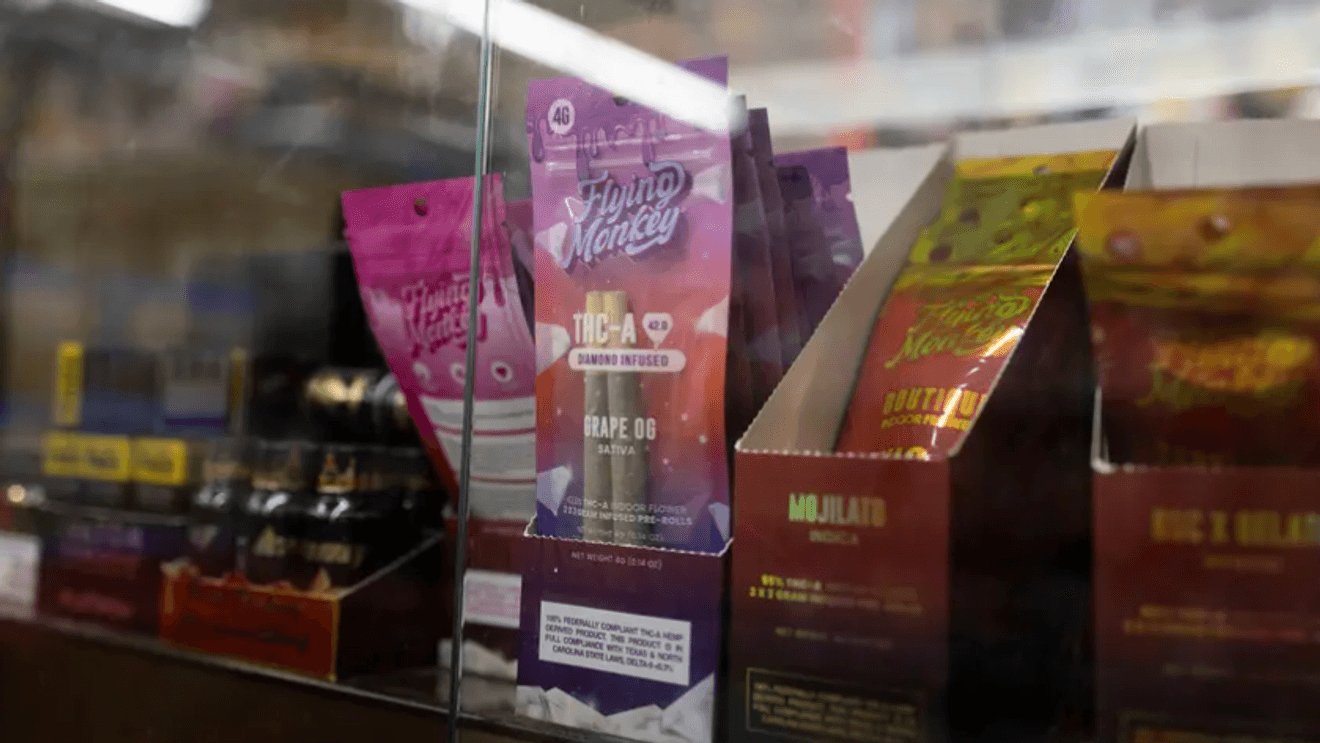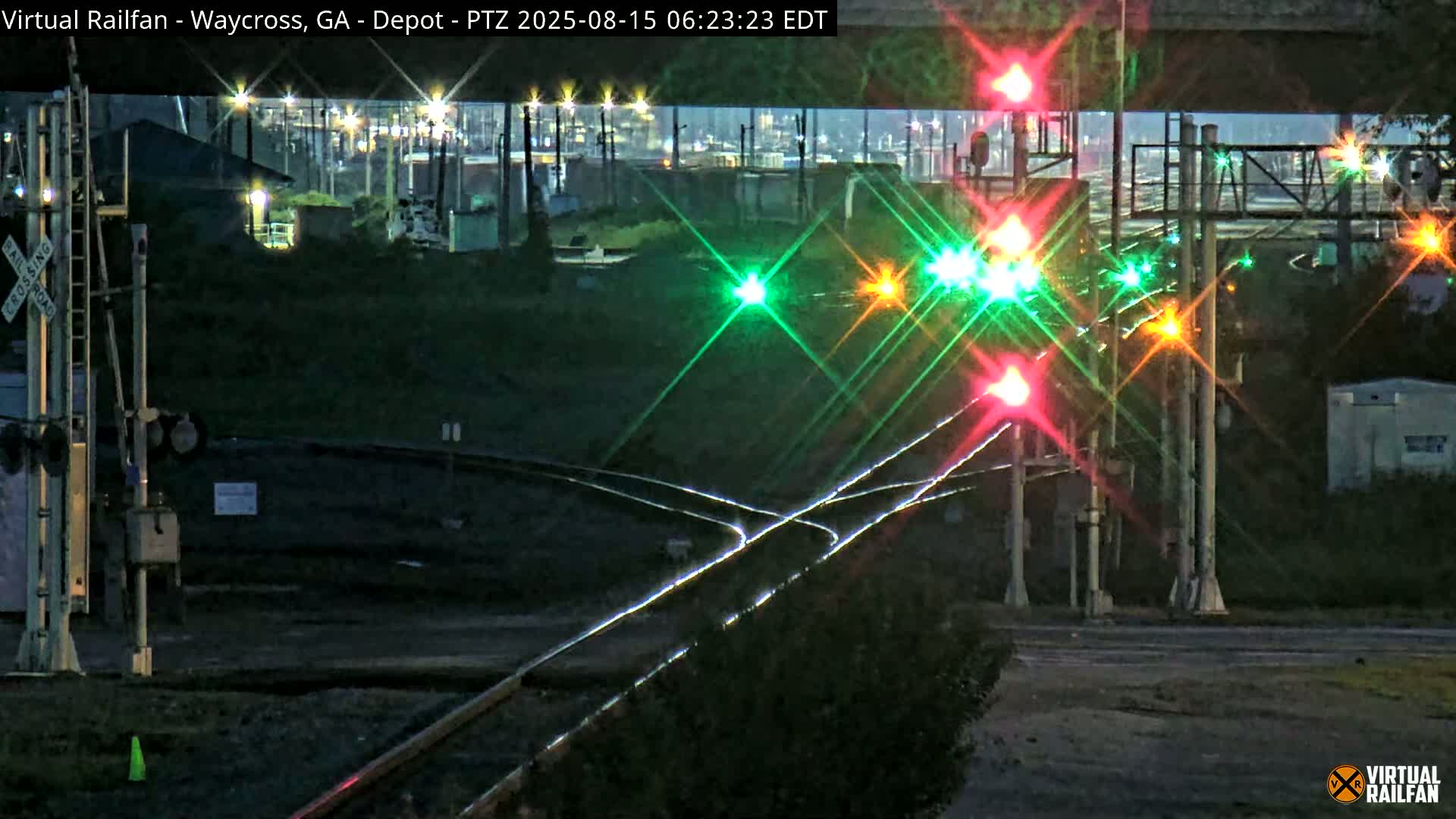Federal Ban Threatens Pittsburgh Hemp-THC Businesses
Pittsburgh-area businesses specializing in hemp-derived THC products are grappling with a significant legal shift following a new federal law that reclassifies and effectively bans many popular items. This legislative change has has cast a shadow of uncertainty over the burgeoning local industry, leaving shop owners and consumers alike navigating a complex and evolving regulatory landscape.
Understanding the Legislative Shift
The core of the issue stems from a recent federal amendment or reinterpretation targeting hemp products containing even trace amounts of psychoactive cannabinoids like Delta-8 THC, which previously operated in a legal gray area under the 2018 Farm Bill. While the Farm Bill federally legalized hemp by distinguishing it from marijuana based on Delta-9 THC content (less than 0.3%), the explosion of derivatives like Delta-8, HHC, and THCa has prompted lawmakers to close what they perceive as a loophole. The new ruling broadly targets any intoxicating hemp-derived cannabinoid, regardless of its Delta-9 concentration, effectively criminalizing products that have become staples in many wellness and recreational shops.
Direct Impact on Pittsburgh Retailers
For Pittsburgh retailers, this isn't just a legal debate; it's an existential threat. Many local establishments have built their entire business model around these compliant hemp products, offering alternatives to traditional marijuana dispensaries. They now face the daunting task of liquidating existing inventory, adjusting product lines, and potentially rethinking their entire operational strategy. Business owners express concerns about substantial financial losses, potential layoffs, and the viability of their enterprises. Some fear that without these popular products, their shops may not survive, impacting local employment and tax revenue.
Broader Industry Implications and Future Outlook
The broader implications extend beyond Pittsburgh, signaling a significant setback for the national hemp industry. Advocates argue that the federal government is overreaching, stifling innovation, and undermining a legitimate agricultural sector. They contend that a blanket ban fails to distinguish between responsibly produced, tested products and those that might pose consumer risks, potentially pushing consumers towards unregulated markets. Legal challenges are anticipated as industry groups prepare to contest the new regulations, arguing for clearer, more nuanced guidelines that differentiate between intoxicating compounds and harmful ones.
As the industry awaits further clarity and potential legal battles, Pittsburgh shops are left in limbo. The immediate future appears fraught with legal complexities and economic strain. Retailers are urged to seek legal counsel to understand compliance requirements fully and explore avenues for advocacy, hoping for a more sustainable regulatory framework that balances public safety with economic opportunity.







